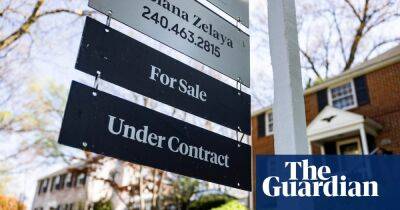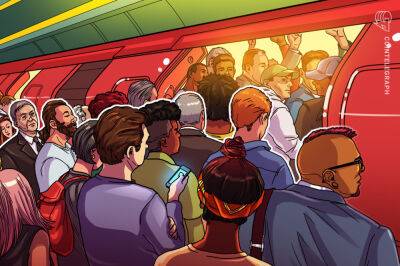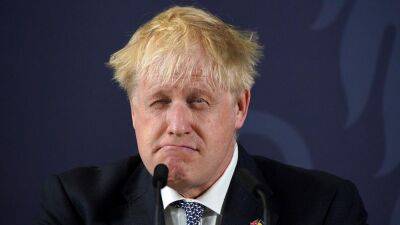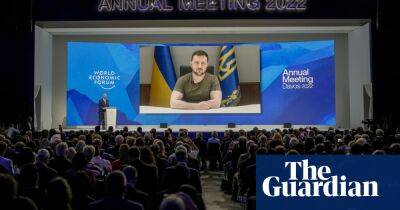With no A-listers, can Davos still play a part on the global stage?
The highlight of the last gathering of the global elite in Davos was a spat between Greta Thunberg and Donald Trump. It was January 2020 and scant attention was being paid to reports of a new virus recently detected in China. Most of those who made the trek to the Swiss alpine resort were too busy virtue-signalling their deep concern about inequality and the climate emergency.
A lot has happened in the intervening 28 months. What was assumed to be a little local difficulty in Wuhan turned out to be the start of a global crisis. The January 2021 Davos was a virtual affair, and the annual meeting of the World Economic Forum (WEF) pencilled in for January 2022 was postponed because of the spread of the Omicron variant of Covid-19.
This week’s WEF gathering will have a different feel, and not just because many of its slopes will be green rather than white. Attendance is down on pre-pandemic levels, and there are no A-listers among the headliners.
Neither of the 2020 climate emergency protagonists will be around. Trump is out of office and Thunberg is giving Davos a miss. Joe Biden is not on the guest list, nor is Boris Johnson, French president Emmanuel Macron or Italy’s prime minister, Mario Draghi. The reticence is understandable: schmoozing with billionaires when there is a cost-of-living crisis raging is not the greatest look.
In years gone by, the chancellor of the UK exchequer would be the guest speaker at a business lunch hosted in the swanky Grandhotel Belvédère in Davos. Rishi Sunak has been spared the embarrassment of having to turn down the invitation this year, because the lunch is not being held.
Klaus Schwab, who organised the first Davos – in 1971 – and is executive chairman of the WEF, has put a brave face on the
Read more on theguardian.com


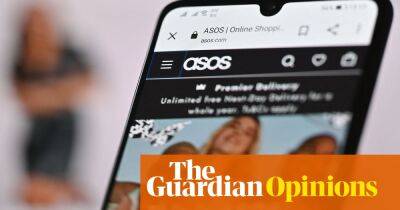
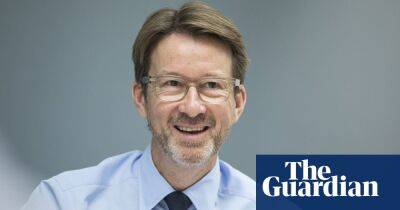
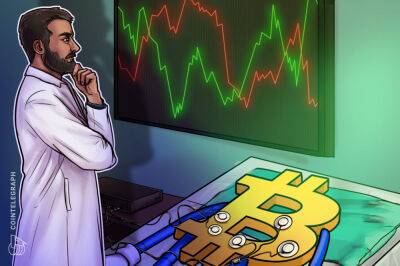

![AVAX [Avalanche] enters into narrow price range as it prepares to exit…](https://finance-news.co/storage/thumbs_400/img/2022/6/16/30050_hba.jpg)




